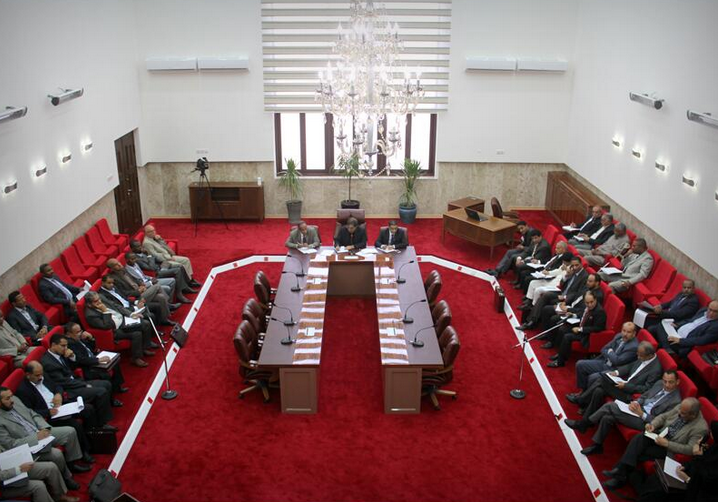Consistent with the 1951 constitution and the 2011 Draft Constitutional Charter, the second draft considers Islam to be the religion of the state. A provision in article 8 stating that “Islamic sharia shall be the source of legislation” is more problematic. Under Ottoman rule and the Italian occupation, both civil and religious courts existed in Libya and the monarchical regime, after much discussion, resorted to a similar practice.
The 2011 Draft Constitutional Charter called for Islamic sharia to be the principal source of legislation, leaving open the door to other legal influences, and a robust debate took place in Libya after 2011 as to whether it would be the source, the principal source, or one source among others for legislation. The most recent public opinion polls suggested that most Libyans agreed that Islamic sharia should be a source of legislation, but there was no consensus that it should be the single source.
Other aspects of the second draft worthy of note include an emphasis on economic diversification, including the need to stimulate and grow the private sector, an issue important to the future health of the Libyan economy. The second draft also states that “public posts shall be open to all Libyans” (article 22) which could be interpreted to negate the May 2013 Political Isolation Law that barred broad categories of officials who had served the Qaddafi regime from holding public office for a prolonged period.
Reflecting a widespread distrust of political parties, the second draft bans them for a period of four years (article 204). Finally, the second draft calls for the constitution to enter into force after the Libyan people have adopted it in a referendum, and it is circulated in the official newspaper. Whether or not the recently formed Government of National Accord will be able to establish the peace, unity, and stability necessary to conduct a nationwide plebiscite remains to be seen.
In an effort to garner consensus, the second draft of the Libyan constitution includes significant changes to the first. In so doing, it seeks to accommodate the wishes and demands of the many interest groups making up the Libyan polity, offering everyone something to like and something to dislike. In trying to be all things to all people, it is a masterpiece of compromise and concession that risks pleasing no one.





